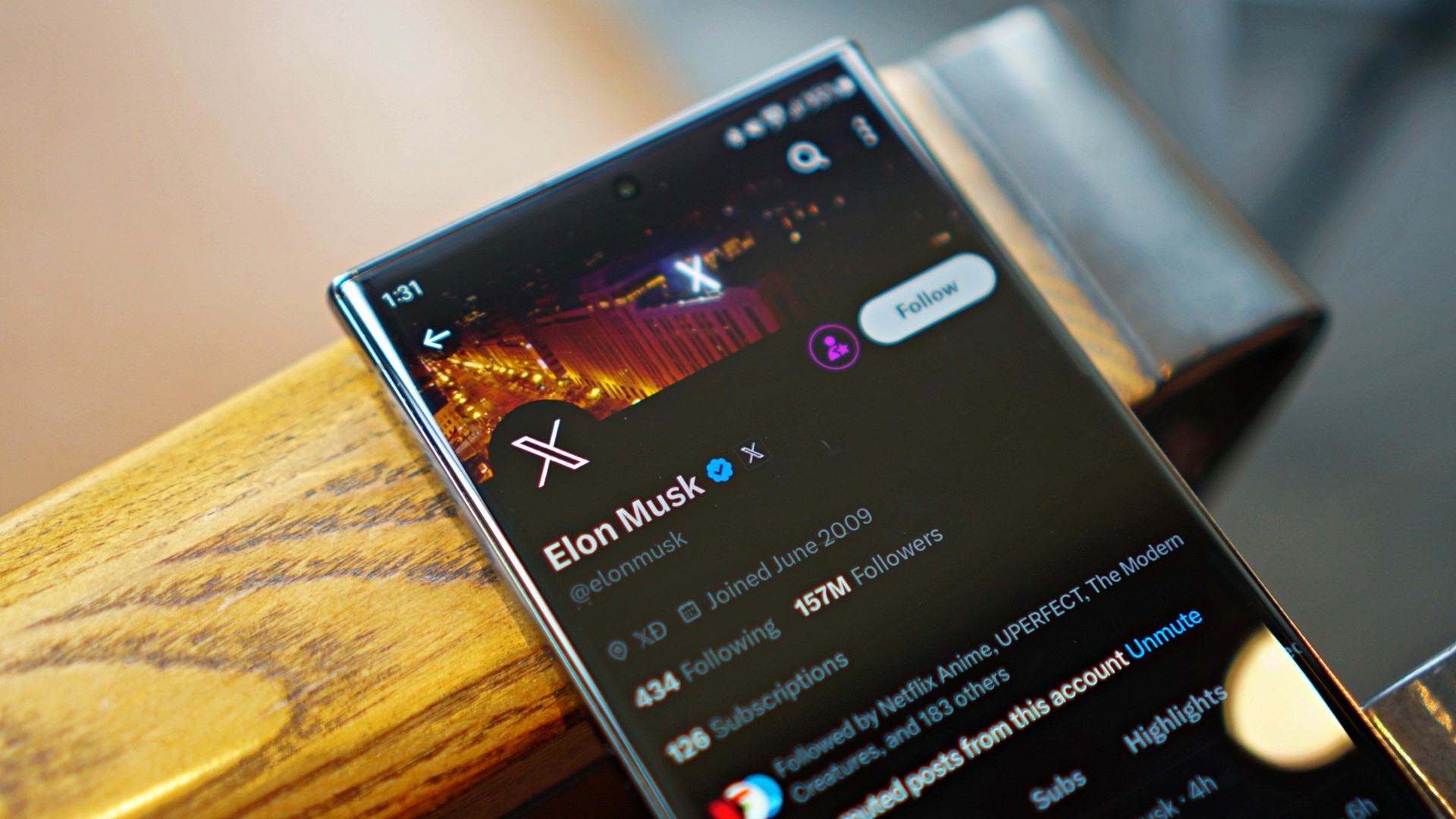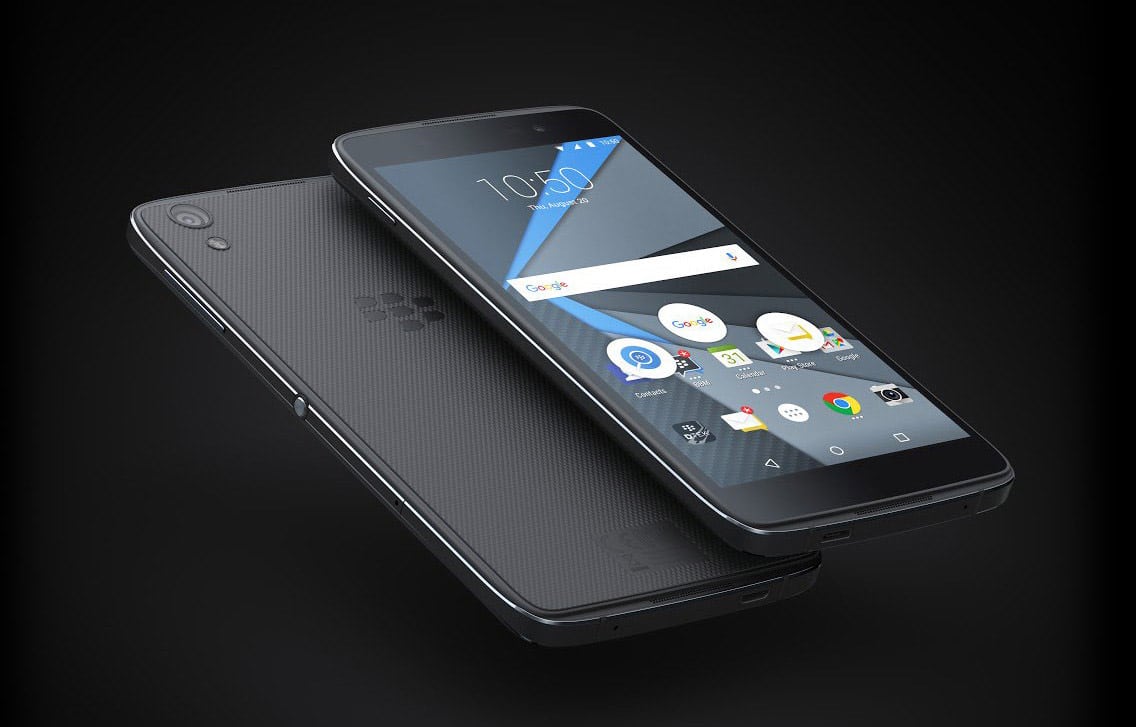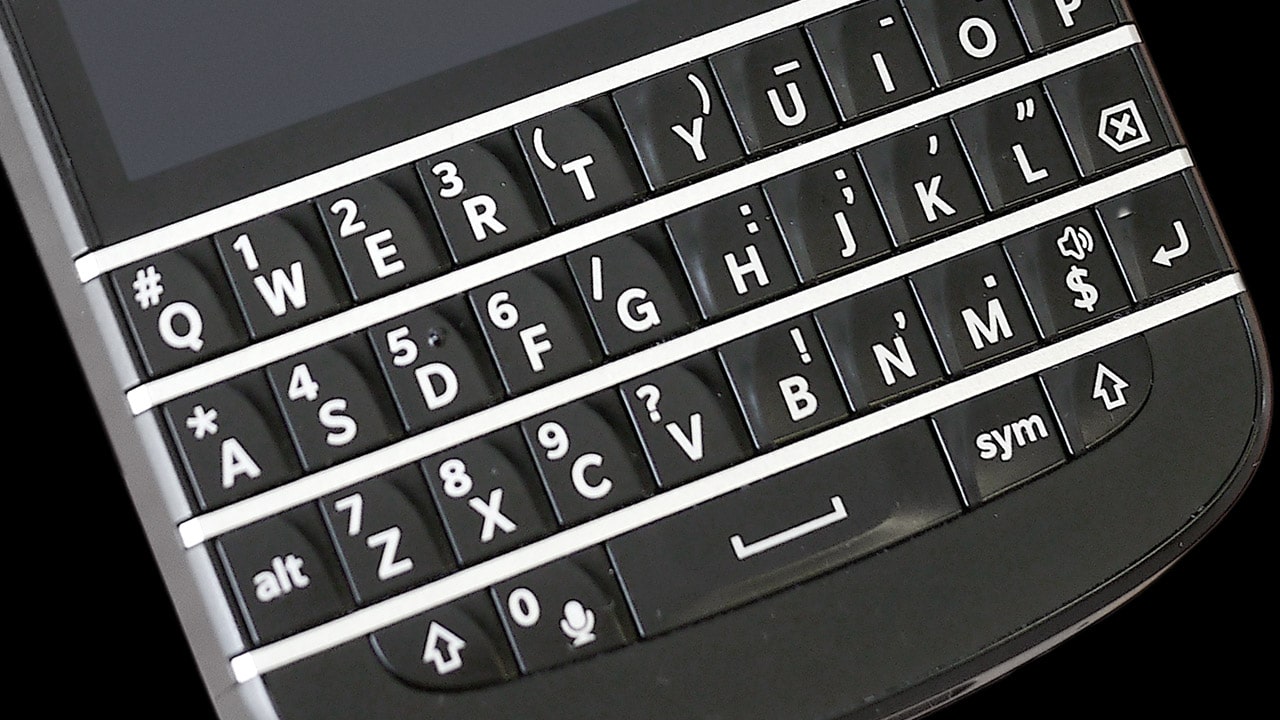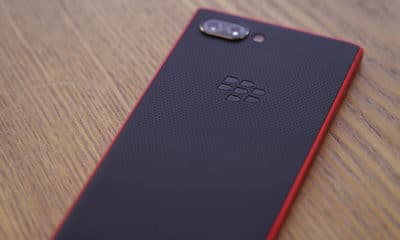News
BlackBerry finally gives up on creating its own phones

The headline above was something we were expecting to write one day, but now that it’s happened, it’s still quite sad. BlackBerry’s original smartphone designs are no more.
In a lengthy PDF detailing BlackBerry’s recent financial highs and lows, the Canadian company chose to stick to what it’s good at, specifically software and security services. But this doesn’t mean that no more handsets are coming out of this development; all BlackBerry phones released from now on will simply be designed and manufactured by third-party hardware partners.
This process actually began over a month ago. The once high-end smartphone brand synonymous with QWERTY keyboards released the DTEK50, which is a $300 full-touchscreen Android handset. It’s something you wouldn’t imagine BlackBerry doing back when it was at the top of the smartphone world over half a decade ago.
It was a sign of things to come. The terribly named DTEK50 was just an Alcatel Idol 4 with BlackBerry’s branding plastered all over it. Once rumors surfaced of a successor in the DTEK60 being cooked up, which looks to be a rebranded Alcatel Idol 4S, the unfortunate announcement we’re hearing now becomes less of a surprise.
BlackBerry’s woes began when it couldn’t catch up to the momentum built by Google and Apple’s operating systems. Realizing that physical keypads were no longer desired by the majority of consumers, its software developers went hard at work on a more touchscreen-friendly BB10 OS, which first debuted on the Z10 and Q10 in early 2013. Its gesture-based interface introduced several good ideas outside of the usual Android and iOS functionality, but it arrived way too late.
Once that experiment failed, BlackBerry gave in and accepted the open-source Android system on October 2015. The Priv combined the richness of Android’s touchscreen interface with BlackBerry’s signature keyboard sliding out from underneath. Together with the company’s added security features, it seemed like a great deal, until everyone realized it cost $700 at launch.
Overall sales dwindled in the past few years, to the point of having less than one percent of the worldwide smartphone market share. That alone was a signal to retire.
On the bright side, we still have good memories to live with. Remember that awesome Bold 9900? It still stands as one of the best physical keyboard-equipped smartphones of all time. There was also the Curve 9220, which was the Nokia 3310 of BlackBerries. And who could forget the unjustly underrated PlayBo— wait, never mind. Even BlackBerry chose to forget it ever existed.
[irp posts=”7249″ name=”BlackBerry has a new security-focused flagship phone”]
Source: Business Insider

Accessories
Logitech introduces a dedicated shortcut for ChatGPT
Compatible with most keyboards and mice

Artificial intelligence is already meant to simplify a workflow. However, despite the ease, there are still a few ways to optimize the process. Today, Logitech has launched a new shortcut to launch ChatGPT straight from your mouse or keyboard.
Minus programmable hotkeys or buttons, there are hardly any built-in way to easily access an AI model. For a typical workflow, it still consists of manually opening the model on a separate window and keeping it within cursor’s reach throughout the day.
Logitech is simplifying the process by adding a dedicated shortcut for its devices. With a Logitech keyboard or mouse supported by the Logi Options+ app, users can program a keyboard or mouse button for the new Logi AI Prompt Builder.
Once activated, the AI Prompt Builder automatically accesses easy options for highlighted text. For example, users can easily rephrase or summarize the text. Likewise, they can input their own custom queries. By eliminating a few clicks and some typing throughout the day, the new tool hopes to save you time.
While most Logitech keyboards and mice are compatible with the new tool, it is also more easily accessible with the new Logitech Signature AI Edition Mouse. The new mouse has a dedicated button just for AI prompts. If you’re an AI power user, this one is perfect for you.
SEE ALSO: Logitech unveils G Pro X 60 gaming keyboard: Price, details

Despite the ease that the technology promises, artificial intelligence still isn’t the most reliable thing you can depend on. Today’s models can still flub answers. Now, the pitfalls of AI are abundantly clear with a few mishaps on X. Golden State Warrior Klay Thompson was just “accused” of a vandalism spree involving bricks.
Late Tuesday night, X presented an AI-generated news snippet. The article, posted soon after the Warriors’ play-in loss to the Sacramento Kings, reads: “Klay Thompson Accused in Bizarre Brick-Vandalism Spree.”
The snippet hilariously described an incident where Thompson supposedly vandalized houses in Sacramento with bricks. Thankfully, according to the snippet, no one was hurt. It even had a few sources for its claims below the news summary.
First off… I am ok.
My house was vandalized by bricks 🧱
After my hands stopped shaking, I managed to call the Sheriff…They were quick to respond🚨
My window was gone and the police asked if I knew who did it👮♂️
I said yes, it was Klay Thompson
— LakeShowYo (@LakeShowYo) April 17, 2024
The sources, however, are just joke posts stemming from the recently concluded game. In that do-or-die game, Thompson put up a staggering 0 points on ten shot attempts, the most misses without a make by a Warrior since the ’68 season. Naturally, everyone joked that the Warriors guard just threw bricks all over Sacramento.
Now, X is currently experimenting with a new AI feature called Grok. The model collates trending topics and creates snippets of what’s happening for X users. However, it’s not exactly the smartest in determining real news from satiric ones. The feature notes as much, carrying a fine-print caveat warning users to “verify its outputs” because it’s an early feature and can make mistakes.
SEE ALSO: New X users must pay a dollar per year to post and reply

New users on X might soon face a tough time on the platform. The social media website will likely start charging new accounts a small fee for the right to post on the platform.
Now, the fee isn’t a new one. Almost six months ago, the company tested the paid system in New Zealand and the Philippines. New users in those countries had to pay a dollar per year for the ability to post and reply to content.
As spotted by X Daily News on the same platform, the company might be ready to take the experiment to a larger market. New text strings have shown that the policy is rolling out worldwide.
SPECULATION: X might be expanding its policy to charge new users before they reply/like/bookmark a post https://t.co/odqeyeiHBx pic.twitter.com/EU71qlwQ0D
— X Daily News (@xDaily) April 15, 2024
The policy is designed to combat a wave of bots appearing on the platform. By preventing new accounts from creating posts, X hopes to stave off the standard behavior of bots these days. You might have noticed them as OnlyFans creators in unrelated posts, peddling NSFW content on their bio.
Though the global rollout was only just spotted, owner Elon Musk has seemingly confirmed the change. Replying to X Daily News, Musk says that it is “the only way to curb the relentless onslaught of bots.” He says that the current breed of bots can easily bypass simple checks these days.
-

 Accessories2 weeks ago
Accessories2 weeks agoApple Vision Pro Review: Two Months Later
-

 Features4 days ago
Features4 days agoFortify your home office or business setup with these devices
-

 Gaming1 week ago
Gaming1 week agoThe Rogue Prince of Persia looks like an ultra-colorful roguelite
-

 Philippines2 weeks ago
Philippines2 weeks agovivo Y100 to release in Philippines on April 27
-

 Deals2 weeks ago
Deals2 weeks agoSamsung Awesome April: Deals on Galaxy A series
-

 Gaming1 week ago
Gaming1 week agoStar Wars Outlaws release date revealed
-

 Events1 week ago
Events1 week agoStellar Blade: PlayStation taps cosplayers to play Eve for game’s launch
-

 Accessories1 week ago
Accessories1 week agoLogitech unveils G Pro X 60 gaming keyboard: Price, details


























